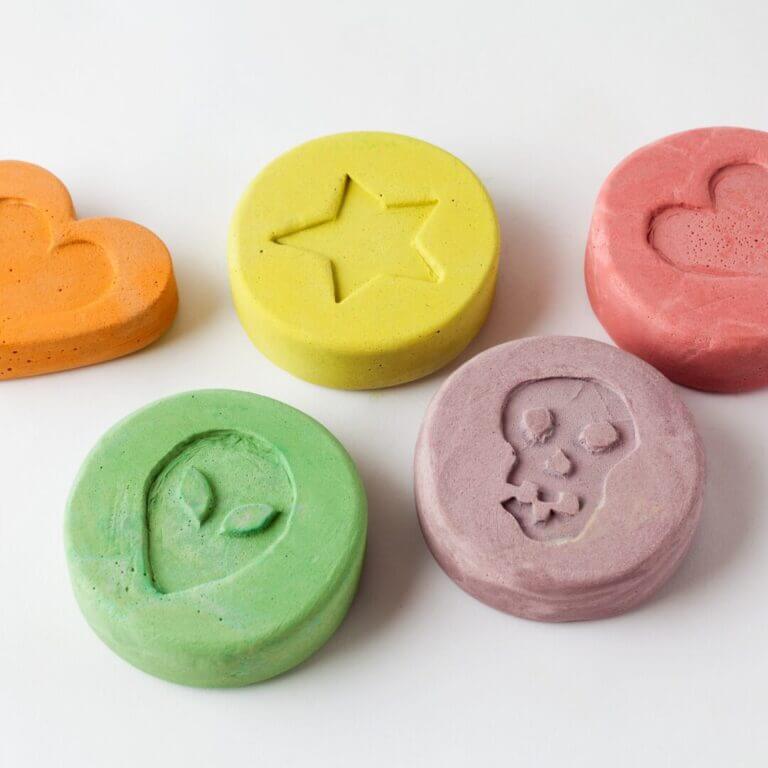Very few people enjoy confrontation, the word itself has a negative connotation. There seems to be a full spectrum of the ability to even do it. Some people find it to be easy when necessary and others shy away from it entirely, but regardless of where they fall on that scale, it’s rarely something anyone really looks forward to. It’s not uncommon for a person with a substance use disorder to avoid confrontation at all costs, however, they get more comfortable with it when it’s the only thing that stands between them and getting their desired result.
Until they are ready to seek treatment, those with substance use disorders are often fighting too much fear and delusion to bear a confrontation about their illness. Some of us could feel so ashamed about our behavior that we allow others to get away with harmful conduct without confronting it since we might feel like they don’t deserve better. In recovery, we begin to learn how to confront situations head-on, how to be direct and honest, and how to set boundaries with others. Learning how and when to have hard conversations that are productive and seek to cause no harm can be a profound tool that aids in continual growth.
Should I Say Something?
While a person with a substance use disorder is unlikely to be willing to endure confrontation when it’s about them, they might be comfortable being the aggressor. Each individual carries certain personal traits that define how they interact with the world, however, those often become obsolete when working against the power substance use disorders have to guide a person’s actions. Motivated by a drive to have a need fulfilled or anger that to them seems justified, confrontation is used more as a weapon to achieve means than a tool used in healthy relationships.
When we recover, many of us have to undergo a total overhaul of the way we communicate with the people in our lives. We have experienced a psychological change that is profound and with it, the desire and ability to become better versions of ourselves than we were formerly. Our motivations and outlook have changed and how we confront and have difficult conversations is one way we can seek to have more honest and fulfilling relationships. Rather than using delicate or uncomfortable confrontations as a weapon, we can now seek to have disagreeable conversations in order to honor our self-worth with boundaries and authenticity.
How can when can we appropriately use these tools, though? It may seem like a difficult thing to gain intuitive knowledge of, but there are specific things that can become a reference guide for deciding if something should be discussed, and even when might be the right time to do so. The first of these is motive, and in order to get a clear understanding of our motives, a level of self-honesty is required. In recovery, we build this tool by learning to speak honestly about our experiences and feelings, first with ourselves and then with others.
If you find your motives behind confronting someone are unclear, share the situation and your feelings through a couple of members of your support group, who might help you find honest reasoning and avoid causing harm. Another need is willingness: you must be willing to not only accept any risks that come along with discussing hard topics, but also a willingness for the discussion to be two-sided. While you may be the one who has brought this subject to light, that should not silence the other party entirely.
Another important introspective tool is the ability to pause and recognize and label emotions. Before we sought recovery, many of us allowed our negative emotions to act as fuel, using feelings like anger to protect us from our fears and carry us. We were also often impulsive in decision making, which regularly led to actions that caused harm for others and later filled us with regret.
Alongside the pause, it’s so crucial to have begun learning how to recognize your emotions and name them. This can help us to understand ourselves better and, importantly, to see if we’re being driven by an emotion that might distort our message or cloud our judgment, such as jealousy, hurt, or anger.
All of these tools take time, patience, and practice in order for them to begin to become part of your intuitive action. They are worth what we put into them and they can help us build a system for healthy and consistent communication.
Take It Through 3 Questions
Once you’ve decided that you can have a hard conversation and feel that do to so would not cause harm, it’s important to consider what needs to be said. It’s necessary to think about the message you want to convey, examine your part, and have your thoughts gathered. When considering what you’d like to communicate, there are three questions you should ask about it:
- Is it kind? Words only take a moment to say but they can take a lifetime to forget. Is what you have to say kind? Or is a difficult statement or piece of information being delivered with care and for a good reason? Consider the kindness of your words, your intentions, and your actions.
- Is it true? This question is valuable in two ways, the first being at face value, is the statement I’m making true? If you’re relaying information, is the source trusted and reliable? Additionally, have you practiced self-honesty? Is what you have to say a true statement of their conduct? Have you honestly considered the impact of my message?
- Is it important? Does this person truly need to hear this information? Will this information matter in a day or a week? Do I need to give this information to someone or can they come to their own conclusion? Are my feelings as a result of this information important enough to put first?
Although it may sound negative, confrontation doesn’t always have to be negative. It can be empowering if it’s used with positive intentions.
The road to recovery is filled with difficult and powerful self-reflection, and we are here to help you on your journey. Ashley Addiction Treatment believes that connection is the key to recovery, with treatment options focused on holistic, integrated, and compassionate care. Ashley will help build a personalized aftercare program to help you navigate life after treatment. If you would like to speak to someone about our care options, please reach out to us today at 800-799-4673.




